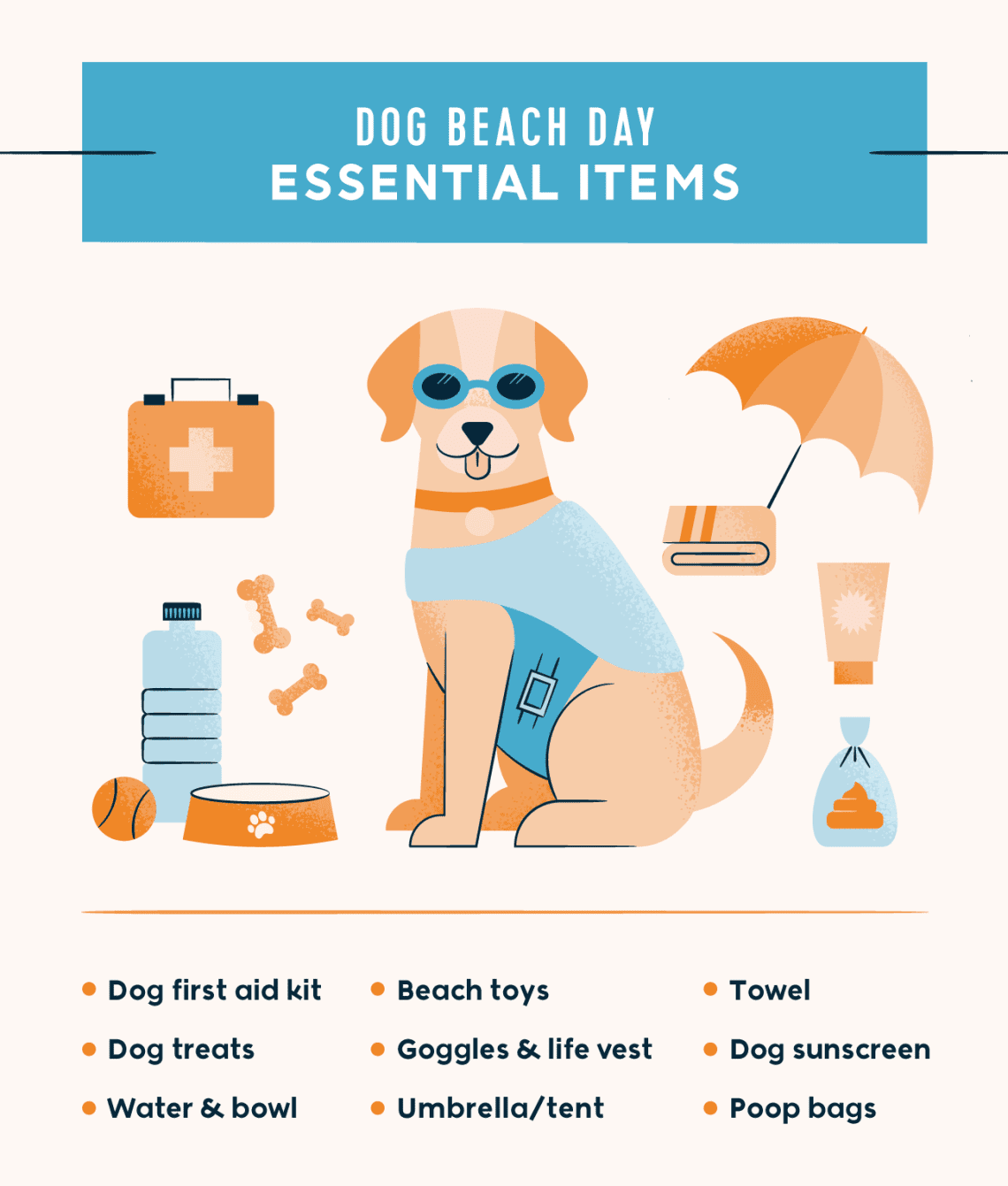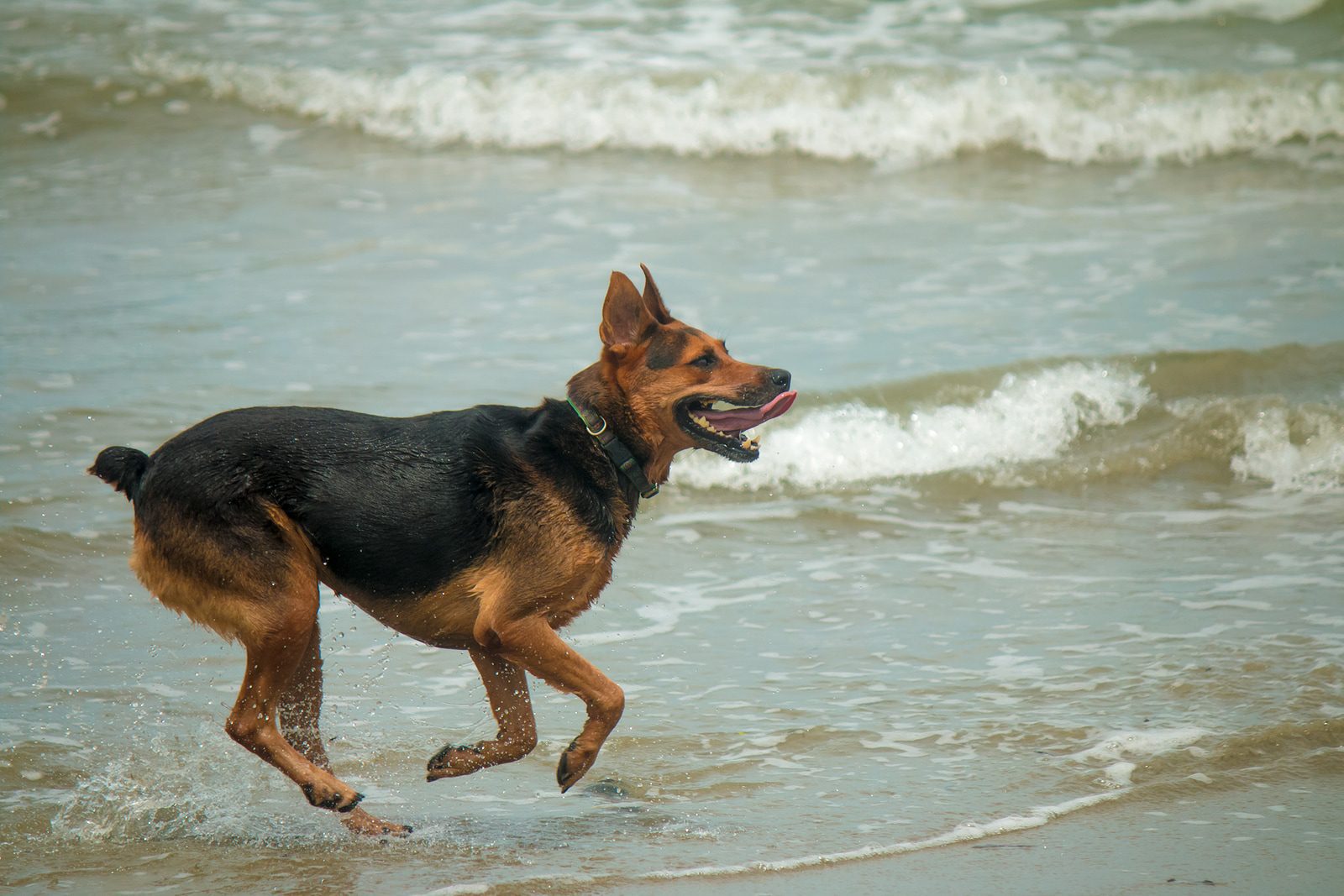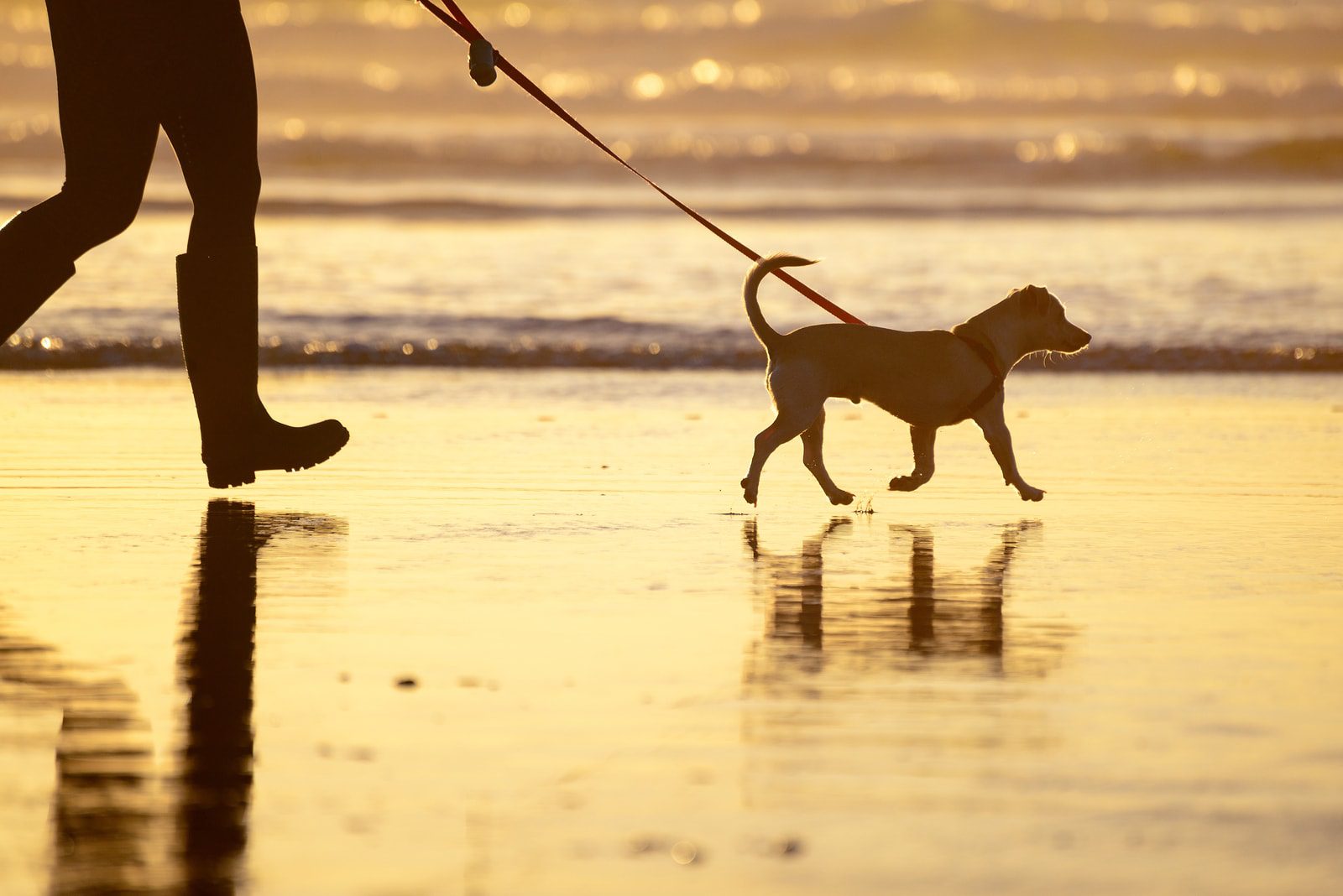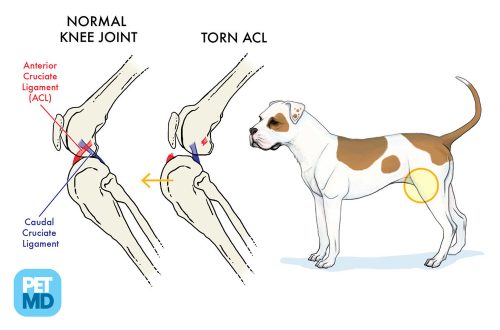
Going to the beach: how to prepare a dog
Are you planning to take your puppy to the beach for the first time? When the weather gets hot, you may be looking forward to visiting the beach, but not quite sure what to expect. Chances are you’ve heard of dog beaches, but do you know what it means?
The prospect of heading to a dog beach might raise new questions: where should you go? what should you take with you? Check out this helpful guide to help you plan your trip to the beach with your dog.
Plan ahead

Usually dog beaches are not difficult to find, but you may need to make inquiries. Many pet-friendly beaches have their own walking rules, from requiring pets to be kept on a leash and not allowed in certain areas, to rules that apply to you, such as cleaning up after your dog. If you want to go to a particular beach, call the beach authority or go to their website to read the rules and find out what is allowed and what is not allowed there.
If you want your dog to run free, you may need to look for a beach where animals are allowed off-leash. Keep in mind that such a beach may be located further than you expected. So you’ll have to plan your route as appropriate, including rest breaks to allow the pet to relieve and stretch. If you travel far from home, you should also look for contact information for a veterinary clinic near your final destination (for emergencies).
What to take with you
When you go to the beach, you usually take more than just your swimwear with you. The same goes for your pet. Here are some things you’ll want to take with you to keep her safe and make the day relaxing and joyful:
- drinking water bottle
- water bowl
- Beach umbrella or canopy
- All-weather dog bed or blanket
- Playpen to keep small pets safe
- Lots of towels
- Sunscreen for dogs
- Dog life jacket with handle
- Special bags to clean up after her
- Food and treats
- Unsinkable and waterproof toys for dogs
- “Boots” for dogs to protect their paws from hot sand
- Dog goggles to protect her eyes from the sun and salt
- First aid kit for dogs
- Waterproof GPS tracker that can be attached to a collar
Beach safety

Even if you have recently adopted a dog, you most likely already know that they often get into various troubles. Follow these tips to minimize the chances of your dog getting sick or getting hurt:
- Before you let your puppy settle down on the beach, carefully inspect the area for any debris he might try to eat, or sharp objects such as broken bottles, soda cans, or seashells that could injure him.
- Do not let your pet drink sea water. If you notice signs that he is hot or thirsty, give him fresh drinking water.
- Keep it away from overheating, which can lead to hyperthermia or heat stroke. Watch him and send him to lie down on a couch or blanket in the shade and drink water if he begins to breathe heavily or get tired. If the dog becomes lethargic or distracted, or if his breathing does not return to normal, seek emergency veterinary attention immediately. Some flat-faced or very furry animals, such as bulldogs and huskies, will need extra supervision to keep them from overheating, Anlishd Shelter says.
- Put on booties for your dog to protect his paws from hot sand burns and sunglasses to protect his eyes from the sun.
- Apply dog sunscreen to her nose, ears, and any other areas with a little hair. Animals are just as susceptible to sunburn and skin cancer as we are. Don’t let light-coloured dogs spend too much time in the sun, as their coat doesn’t provide them with good protection.
- Put a life jacket on her if she is swimming or doing water sports. Even dogs that are great swimmers can get tired and get into trouble. A vest with a handle on the back will make it easier to pull your pet ashore if necessary.
- Make sure your dog always wears a collar with an ID tag containing your contact information in case it gets lost. Consider equipping it with a waterproof GPS tracker. This is especially important for animals that are curious about the world around them, such as seagulls or other dogs on the beach. If your pet is still a puppy and you are in the process of training, you will need to keep him a step away from you so that he does not get lost. It’s also a good idea to wait until he is old enough and trained enough so that you can really enjoy a day at the sunny beach.
Take a moment to wash the salt water off your dog’s coat once you’re all set and ready to go home. This will prevent itching or licking of the salt. Most public beaches have a hose or outdoor shower, but be courteous to people who may be using it at this time.
With all of that in mind, you might think this dog beach hustle and bustle is a little… not like a vacation. But as a good pet owner, you’ll want to do everything you can to make sure your puppy’s first beach visit is stress-free and memorable. And by carefully preparing now, you will be ready for future trips, which means that these spontaneous days at the beach with your dog can become your summer tradition.





